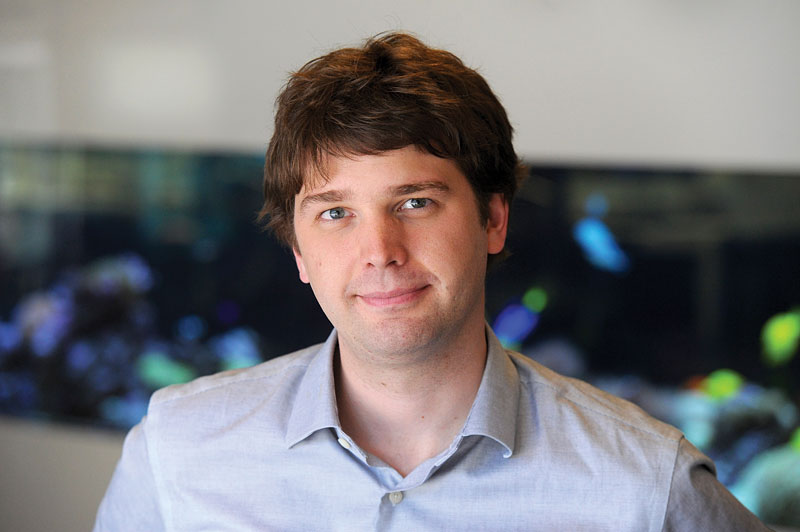 |
| Andrew Mason |
In 2006, after only two years on the market, Yahoo offered to buy Facebook for one billion dollars. At the time, the fate of Facebook was unclear. Myspace had more than ten times the number of members and membership growth at Facebook was slowing. Despite the opportunity for instant riches and the long odds against Facebook overtaking Myspace, Facebook founder Mark Zuckerberg famously rejected the offer. For a twenty-three year old in the business world, this is a decision equivalent to George Washington deciding to not run for a third term as President. Very few people would have predicted that within four years Mark Zuckerberg would be the world’s youngest billionaire and the Time’s Person of The Year.Fast forward four years and another two-year old Internet start-up notably rejects a billion dollar offer,except this time the offer is for six billion. And, unlike Facebook, this company--again at only two years old--is the undisputed leader in its category. Yet the founder of this company remains completely unknown. Can you guess the company? Do you know the founder?If you guessed Groupon, then you would be right. And if you said Andrew Mason, you would be doubly correct. At the end of last year, Andrew Mason, the founder of Groupon, turned down the six billion dollar offer from Google and the distinction of being another one of the few billionaires in the world. For Andrew’s sake, let’s hope he didn’t make a mistake.While Groupon is clearly the market leader in the group purchasing space, entrepreneurs and venture capitalists are flocking to this hot market. The underlying model for most of these companies is to offer a product or service at a steep discount for a limited time. Some sites, such as Groupon, require a minimum number of purchasers. It is most common to restrict the deal to a single day, with a new deal arriving each day.Groupon has some legitimate competition already, led by LivingSocial and Woot, with dozens of competitors emerging. While market dominance in a fast-growing space is frequently associated with long-term market leadership, there are numerous cases, including the Myspace vs. Facebook battle, that prove it is not sufficient.As the undisputed leader in a market projected to grow exponentially over the next few years, Groupon is poised to be the next big thing, but it must be nimble and recognize the market needs that these other competitors are trying to fill and decide whether the company can evolve to them. Many emerging competitors are trying to focus on market sub-segments.Just as Groupon outmaneuvered Woot, an Amazon-owned group purchasing site that has been around since 2004, by targeting their offers by city, (in Groupon’s case most deals are from local merchants, while Woot offers national deals) many of the emerging competitors are trying to focus on even more specific niches. For example, GiltCity focuses on offering high-end items and the New York Times has entered the fray with a similar high-end focused site called TimesLimited. Taking the hyper-targeting concept even further, sites like Juice in the City and Denver Deals for Moms offer group-coupons targeted to specifically to moms in the local area (In New York and Denver respectively).These sites pose a major threat to Groupon and the net-worth of Andrew Mason. Groupon seems to be focused on expanding its coverage into as many cities, both nationally and internationally, as possible, but the company should remember that what set them apart from Woot in the first place was the targeted offers.If these other sites figure out how to target their offers better and to ensure that the offers are truly valuable--something that isn’t always the case today with Groupon--then Groupon’s promising future might just not materialize.The future of Groupon is also threatened by the recently-scorned Google, which is rumored to be working on a group-purchasing site called Google Offer. Given Groupon’s revenue trajectory, Andrew Mason appears to be on the path to Mark Zuckerberg-like riches. But is Groupon the next Facebook or the next Myspace?
No comments:
Post a Comment